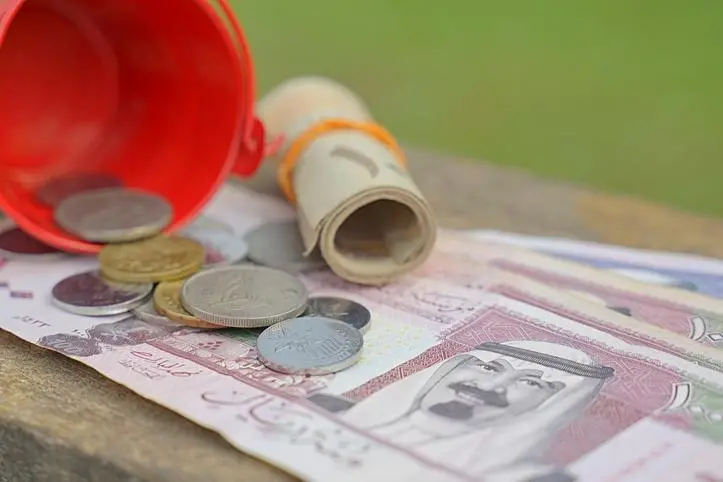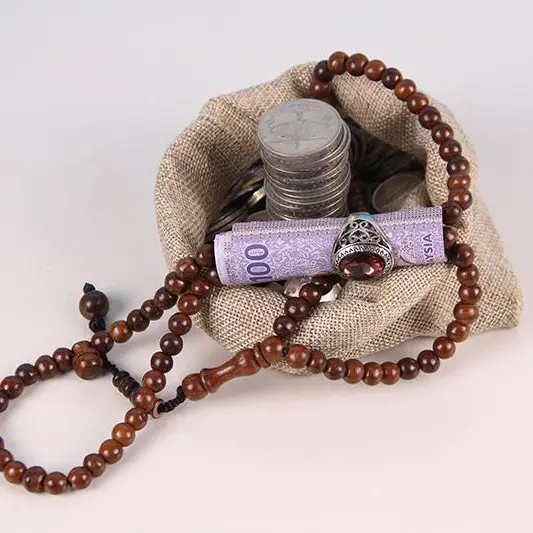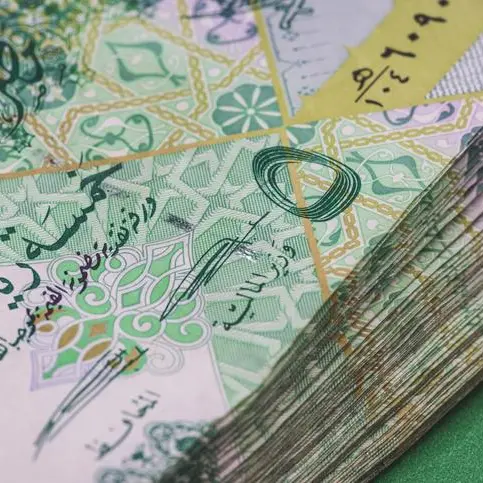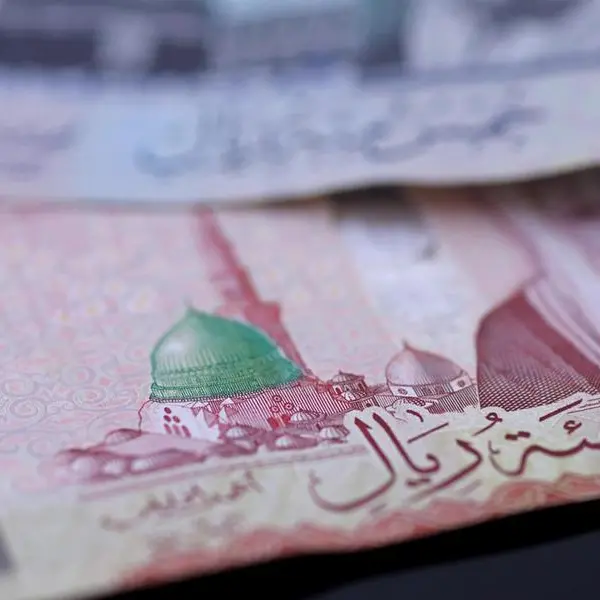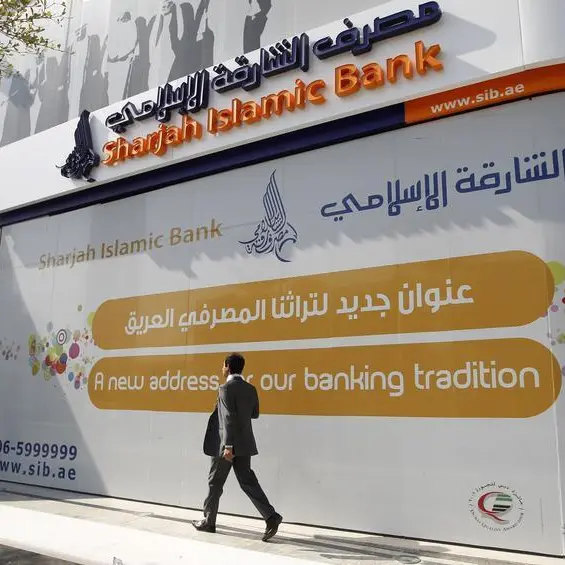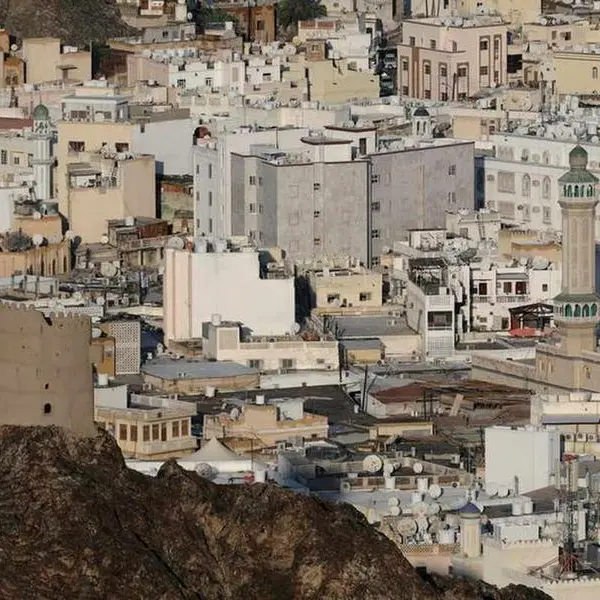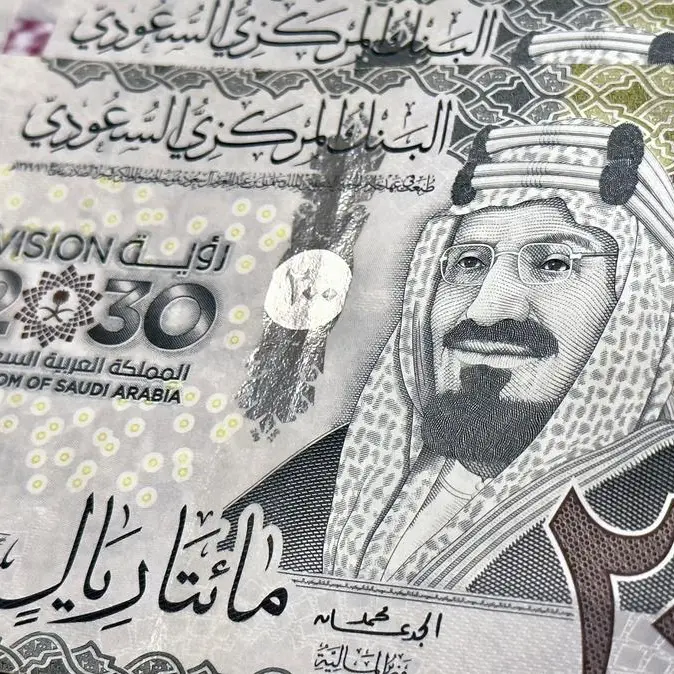PHOTO
Jeddah: Chairman of the Board of Directors of the Islamic Development Bank (IsDB) Group Dr. Mohammed Al-Jasser said the bank is increasing available resources for member states to help them overcome growing challenges, adding that the bank’s cumulative net credits have reached a total of $170.5 billion since its establishment in 1974 until last year.
During a press conference on the sidelines of the IsDB’s annual meetings, Al-Jasser extended thanks to the Custodian of the Two Holy Mosques King Salman bin Abdulaziz Al Saud for his generous sponsorship of the annual meetings and for His Royal Highness Prince Mohammed bin Salman bin Abdulaziz Al Saud, Crown Prince and Prime Minister, and the Saudi government for their support of the bank.
Al-Jasser explained that the IsBD is a multi-party institution that works to improve living conditions of the people of the member states and seeks to find sustainable solutions to the challenges they face.
The bank was established in 1974 and has now 57 members from four continents, he said, adding that the IsBD has expanded from one entity into a group of five entities: the Islamic Corporation for the Insurance of Investment and Export Credit (ICIEC), the Islamic Corporation for the Development of the Private Sector (ICD), the Islamic Development Bank Institute (IsDBI), the International Islamic Trade Finance Corporation (ITFC), and the Islamic Solidarity Fund for Development (ISFD).
Al-Jasser emphasized that the Kingdom of Saudi Arabia is going through a prosperous development phase guided by the Saudi Vision 2030, voicing appreciation for the Kingdom’s financial and cognitive support for the bank.
As for the bank’s distribution of its accumulative credits since its establishment, Al-Jasser said that the energy sector comes first with a share of 40.8 percent, followed by the industry and mining sector with 14.4 percent, and agriculture, finance, transport, water and sanitation, health, and education with 12.6 percent, 8.6 percent, 8.5 percent, 4.8 percent, 3.6 percent and 3.2 percent, respectively.
The share of other sectors is 3.5 percent.
He explained that the share of the group’s credits increased by 18.6 percent in 2022 to reach $10.5 billion, compared with $8.9 billion in 2021, adding that the bank’s main focus last year was on creating partnerships to address poverty, achieve food security, and enhance resilience.
Al-Jasser said that the bank’s successes would not have been achieved without the support of its shareholders, adding that the sixth increase of $7.3 billion to the bank’s capital reflects shareholders’ trust in the developmental impact of the institution’s projects in the member states.
He also indicated that the bank has maintained its excellent AAA credit rating with a stable outlook during 2023, the twentieth consecutive year that the bank has obtained such an excellent rating from Standard & Poor's, the sixteenth from Moody's, and fifteenth from Fitch.
